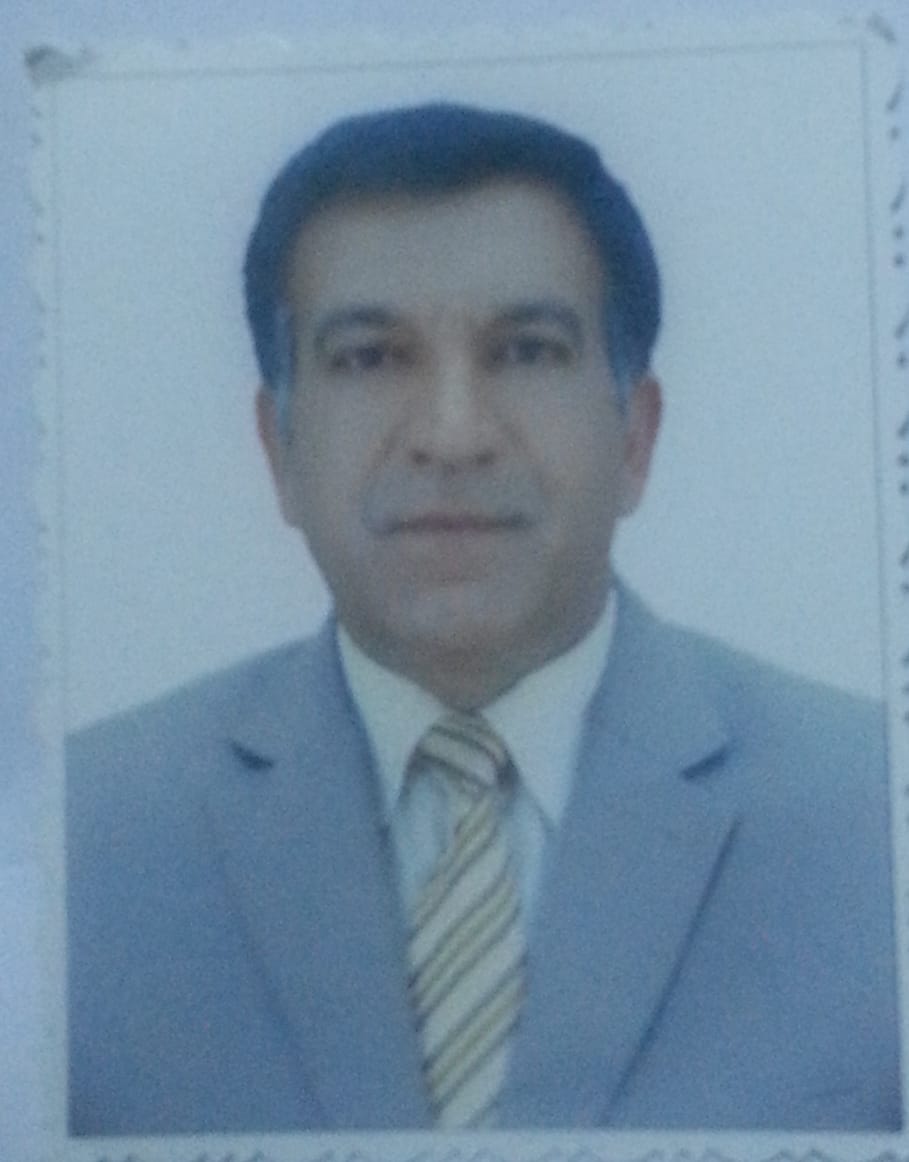
Faisal Ghazi Bashaw
Research Interests
| Gender | MALE |
|---|---|
| Place of Work | College of Oil & Gas Techniques Engineering / Kirkuk |
| Position | Department decision |
| Qualification | Master |
| Speciality | Control systems techniques |
| feysal70@ntu.edu.iq | |
| Phone | 07719230582 |
| Address | الحي السكني المعهد التقني كركوك, kirkuk, kirkuk, Iraq |
Skills
Microsoft Office (75%)
الادارة (90%)
Academic Qualification
مدرس مساعد
May 13, 2019 - Jan 11, 2022مدرس
Apr 4, 2025 - Jan 11, 2022Working Experience
اقسام داخلية [معاون مدير اقسام الداخلية / الجامعة التقنية الشمالية]
Mar 4, 2022 - Jun 7, 2022ادارة الاقسام الداخلية للطلاب والطالبات في كركوك والحويجة والدور
Publications
Deep reinforcement
Apr 15, 2022Journal journal of optoelectronics laser
Issue 4
Volume 41
calculations of effect of photvoltaic
Mar 1, 2023Journal International Journal of Computational & Electronic Aspects in Engineering (IJCEAE
publisher F Bishaw
Issue 1
Volume 4
order to identify these challenges and investigate the potential for solutions, it was it is vital to research and evaluate how integrating renewable energy sources into the electrical power network would affect the system. This was done to be able to address the increasing need for electrical energy as well as the ongoing integration utilize electric power systems and renewable energy sources (RES). Additionally, as the need for affordable, clean energy, such as renewable sources, has grown globally, so too has its availability. This has had an influence on the efficiency, reliability, and performance of electrical distribution networks. This study evaluated the impact of PV sources on by observing and documenting the electric power grid energy losses from acting or responding sources, as well as the grid networks' voltage variations, which resulted from The use of renewable energy sources is being integrated. Several technological aspects linked A review of the voltage output's effectiveness and quality was done. MATLAB Simulation software was used to implement the simulation model in this study. The outcomes were contrasted with the IEEE 9-bus grid standard
studay and evaluation a new predictive
Apr 1, 2024Journal BIO Web of Conferences
publisher EDP Sciences
Volume 97
is clear that modern industries rely heavily on electric motors, especially induction motors. These motors convert electrical energy into mechanical energy. The distinction in the performance of the induction motor lies in that it is powerful when exposed to various operational and environmental variables, and it is also inexpensive. However, there are many traditional disadvantages that appear during the operation of the induction motor in its non-linear mechanical properties in addition to the difficulty in regulating the speed of the motor. In this paper , we present a new control method for controlling the stator current and speed of induction motor based on current control with speed control technique. The present model is based on conventional predictive controller development with a structure which is similar to rotor control and the direct torque control .It has double loops and both loops will use the prediction power














